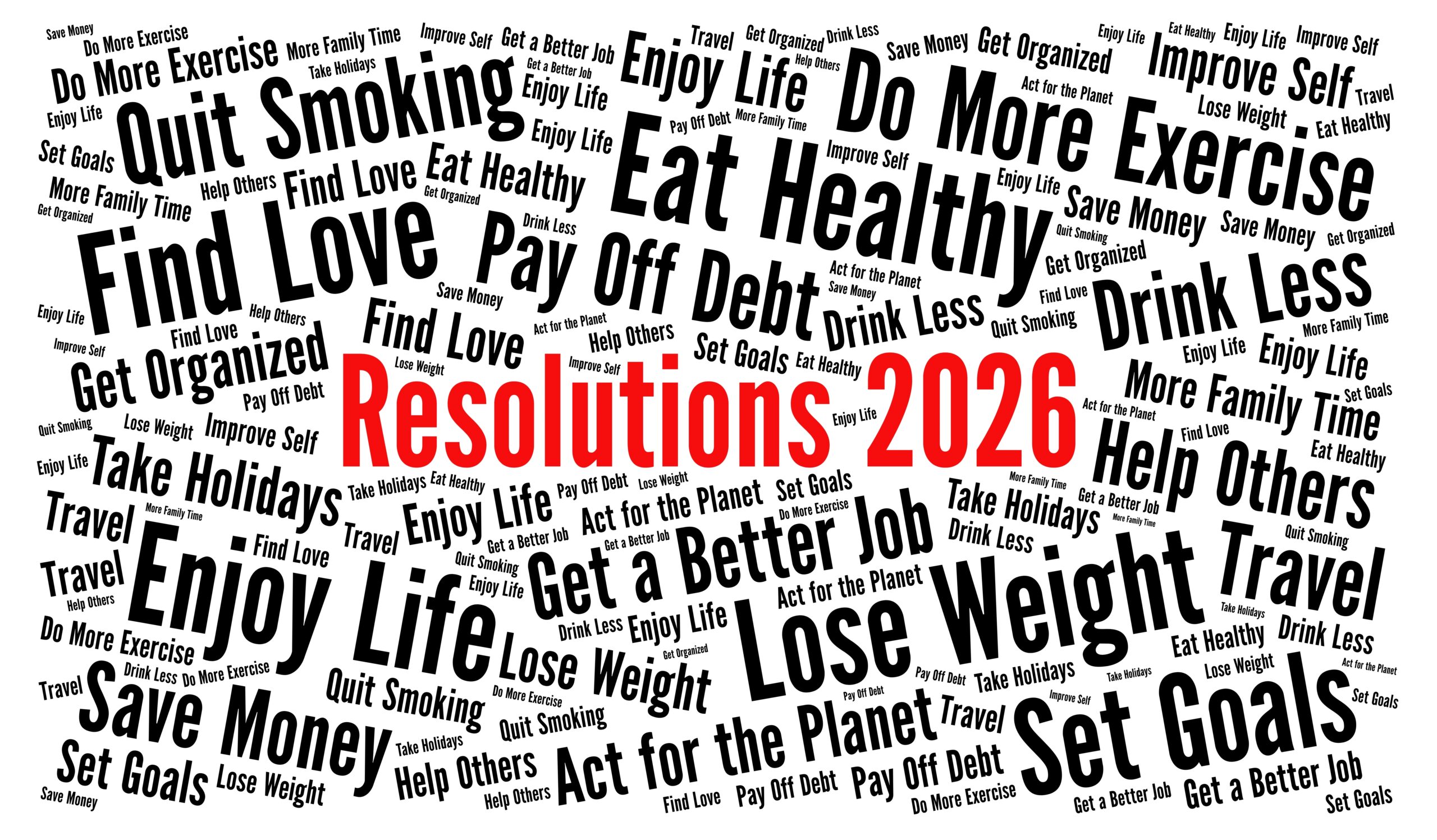Mental health has become a critical concern for both employees and employers. The impact is staggering: globally, an estimated 12 billion working days are lost every year to depression and anxiety, costing US$ 1 trillion per year in lost productivity. These figures underscore the urgent need for effective mental health support in the workplace.
The good news is that there are effective actions to prevent mental health risks at work, protect and promote mental health, and support workers with mental health conditions. As HR leaders, you play a pivotal role in fostering a mentally healthy work environment. By implementing the right strategies, you can not only support your employees’ well-being but also significantly improve productivity and reduce costs associated with mental health issues.
Here are seven effective ways you can make a difference:
1. Implement Comprehensive Mental Health Benefits
Ensure your company’s health insurance plans include robust mental health coverage. This should encompass therapy sessions, psychiatric care, and necessary medications. Additionally, consider implementing a comprehensive wellness program that integrates mental health support with other aspects of employee well-being.
By providing easy access to professional help and holistic wellness resources, you’re taking a significant step in supporting your employees’ mental well-being. A well-designed wellness program can serve as a cornerstone for your mental health initiatives, offering a range of services from stress management to lifestyle coaching.
2. Establish an Employee Assistance Program (EAP)
An EAP offers confidential counseling and support services for employees facing personal or work-related issues. These programs can provide short-term counseling, referrals to long-term care, and resources for various life challenges. A well-implemented EAP can be a lifeline for employees struggling with mental health concerns.
3. Promote Work-Life Balance
Encourage a healthy work-life balance by:
- Offering flexible work hours
- Implementing a ‘right to disconnect’ policy outside of work hours
- Providing generous paid time off, including mental health days
- Supporting remote or hybrid work options where feasible
Remember, a balanced employee is often a more productive and engaged one.
4. Train Managers in Mental Health Awareness
Equip your managers with the knowledge and skills to recognize signs of mental health issues and respond appropriately. This training should cover:
- Identifying warning signs of mental health struggles
- Approaching sensitive conversations about mental health
- Understanding the company’s mental health resources and how to guide employees to them
5. Foster a Stigma-Free Culture
Create an open, accepting environment where mental health discussions are normalized. This can be achieved through:
- Regular communication about mental health from leadership
- Sharing personal stories (with consent) of mental health journeys
- Organizing mental health awareness events and campaigns
6. Implement Stress-Reduction Initiatives
Introduce programs designed to help employees manage stress and improve overall well-being:
- Mindfulness and meditation sessions
- Yoga or exercise classes
- Stress management workshops
- Creating quiet spaces or ‘recharge rooms’ in the office
- Provide access to digital wellness tools like Fresh Tri’s app, which uses the Iterative Mindset Method™ to help employees build healthy habits and manage stress effectively. This science-based approach encourages users to try new wellness practices without fear of failure, promoting resilience and reducing stress over time.
By offering a combination of in-person activities and digital solutions like Fresh Tri, you can cater to different preferences and provide accessible stress-reduction tools that employees can use anytime, anywhere.
7. Regularly Assess and Adjust Your Approach
Mental health needs can change over time. Regularly survey your employees to understand their current challenges and needs. Use this feedback to improve and adapt your mental health initiatives continually. Consider implementing anonymous feedback systems and conducting focus groups to gain deeper insights. Stay informed about the latest research and best practices in workplace mental health, and be willing to pilot new programs based on your findings. Remember, flexibility and responsiveness are key to maintaining an effective mental health strategy in the workplace.
The Fresh Tri Approach: Harnessing Neuroscience for Mental Wellness
Innovative solutions like Fresh Tri’s Iterative Mindset Method™ are making significant strides in addressing mental health in the workplace. Fresh Tri’s approach, rooted in neuroscience, offers a unique perspective on building mental resilience and fostering healthy habits.
One key finding from Fresh Tri’s research involves the habenula, a small structure in the brain often referred to as the “disappointment center.” The habenula plays a crucial role in how we process setbacks and failures. When activated, it can lead to decreased motivation and increased stress – factors that significantly impact workplace mental health.
Fresh Tri’s method works to “hack” the habenula’s negative effects by:
- Encouraging a mindset of iteration rather than failure
- Promoting small, achievable steps toward wellness goals
- Fostering a supportive community that celebrates attempts as much as achievements
By incorporating these principles into your mental health initiatives, you can help employees build resilience, reduce stress, and improve overall well-being. This approach aligns perfectly with the strategies mentioned earlier, creating a comprehensive framework for mental health support in the workplace.
The Impact of Proactive Mental Health Support
HR leaders can significantly impact employee well-being and company performance by implementing these strategies. Consider these potential outcomes:
- Reduced absenteeism and presenteeism
- Improved employee engagement and job satisfaction
- Enhanced company reputation as an employer of choice
- Increased productivity and innovation
- Lower healthcare costs in the long term
Remember, supporting mental health in the workplace is an ongoing process. It requires commitment, empathy, and a willingness to adapt. As an HR leader, your efforts in this area can truly transform your workplace, creating a healthier, more productive, and more fulfilling environment for all.
By prioritizing mental health, you’re not just helping individual employees – you’re fostering a resilient, engaged workforce better equipped to face the challenges of today’s business world. Investing in mental health support is an investment in your company’s future.
Ready to improve mental health support in your workplace? Discover how Fresh Tri’s Iterative Mindset Method can help your employees build resilience, improve their mental health, and boost productivity. Contact us today to learn how our neuroscience-based approach can transform your work environment and support your mental health initiatives.
Download Fresh Tri from Google Play
Download Fresh Tri from the AppStore













